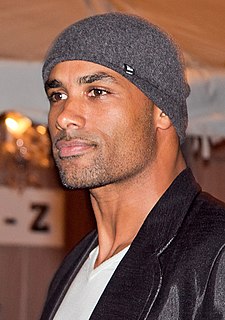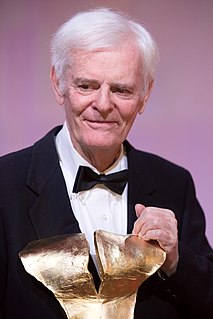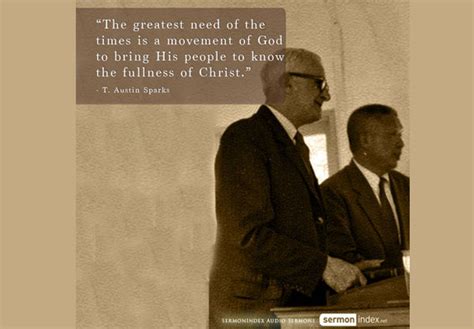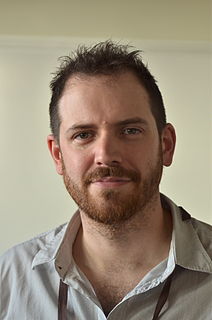A Quote by David Hepworth
It is the melancholy fate of all young legends to becoming better known for the things they did to exploit fame than the things that made them famous in the first place.
Related Quotes
Now, may our God be our hope. He Who made all things is better than all things. He Who made all beautiful things is more beautiful than all of them. He Who made all mighty things is more mighty than all of them. He Who made all great things is greater than all of them. Learn to love the Creator in His creature, and the maker in what He has made.
It was never a goal of mine to become famous. So, I never projected any goals associated with that. But I did have a bunch of goals I wanted to achieve when I was financially able to do so, but they had nothing to do with fame. When I set goals, they're more tangible than becoming famous. You don't build a company or a foundation for fame.
I cannot be known Better than you know me Your eyes in which we sleep We together Have made for my man’s gleam A better fate than for the common nights Your eyes in which I travel Have given to signs along the roads A meaning alien to the earth In your eyes who reveal to us Our endless solitude Are no longer what they thought themselves to be You cannot be known Better than I know you.
Maybe some things are better left broken and scattered Veiled in darkness, secret bitterness and self-doubt I should have known better Than to start something that I couldn't finish That I couldn't care about That I couldn't remember starting in the first place I don't want to know you You went years without me You might as well keep going.
Now, the first preachers of the Christ evangel preached Christ. They did not, in the first place, preach salvation or sanctification or forgiveness, or judgment or heaven. That does not mean that they did not preach those things: they did; but not in the first place. They preached Christ, and all those things were included in the preaching of Christ.
Who does not see that we are likely to ascertain the distinctive significance of religious melancholy and happiness, or of religious trances, far better by comparing them as conscientiously as we can with other varieties of melancholy, happiness, and trance, than by refusing to consider their place in any more general series, and treating them as if they were outside of nature's order altogether?
It is natural to men to judge of things less known, by some similitude they observe, or think they observe, between them and things more familiar or better known. In many cases, we have no better way of judging. And, where the things compared have really a great similitude in their nature, when there is reason to think that they are subject to the same laws, there may be a considerable degree of probability in conclusions drawn from analogy.
Life is tough and it's tough whether you're famous or not famous. And in the end it's probably better to be famous because the perks are better. You get better seats at the basketball game, and you get better tables and reservations places. If I call a doctor on Saturday morning I can get him. There's a lot of things, indulgences that you don't get, if you're not famous. Now I'm not saying it's fair. But I can't say that I don't enjoy it.
I have made a very rude translation of the Seven against Thebes, and Pindar too I have looked at, and wish he was better worth translating. I believe even the best things are not equal to their fame. Perhaps it would be better to translate fame itself,--or is not that what the poets themselves do? However, I have not done with Pindar yet.

































